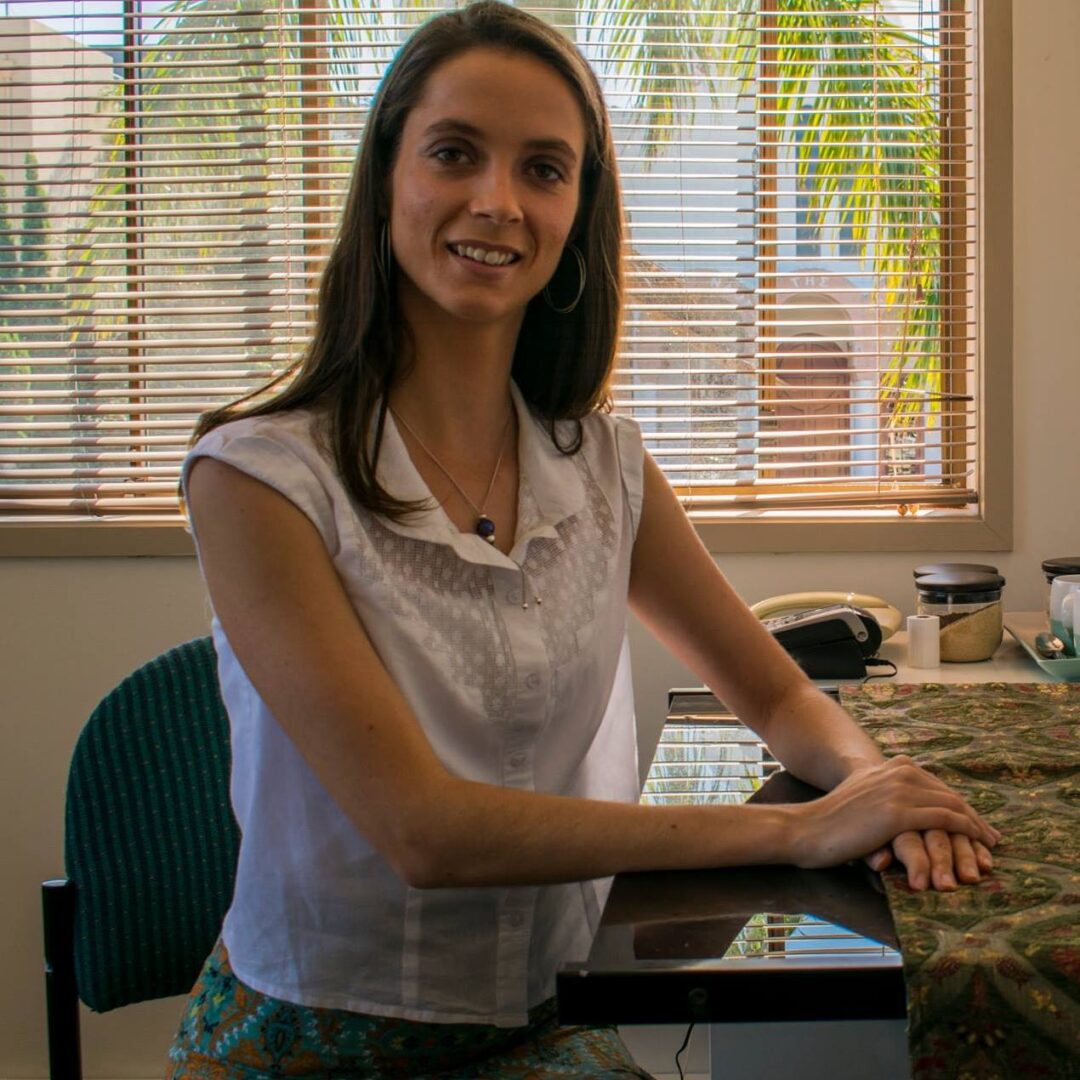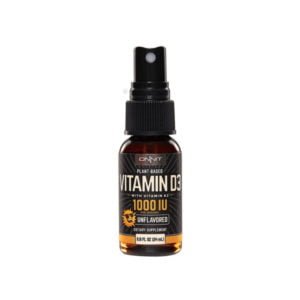We typically think of vitamin K as something essential for blood clotting and off-limits for those on warfarin. It doesn’t get much attention when it comes to infections, immune support, or respiratory health.
New research shows that severe and fatal COVID-19 infections may be linked to low levels of the vitamin. So what can vitamin K do for us, and how do we ensure optimal levels?
How Vitamin K Benefits Respiratory Health
Dutch researchers studying patients admitted to the Canisius Wilhelmina hospital analyzed data from 134 COVID-19 patients and 184 age-matched controls without the disease. They found that COVID-19 patients were more likely to be deficient in vitamin K compared to the controls. This may not be simply a correlation, as vitamin K plays essential roles in regulating blood clotting and producing elastic fibers. The researchers found that two key mechanisms behind COVID-19 deaths are excessive blood clots and the destruction of the lung’s elastic connective tissue.
Dr. Rob Janssen, one of the researchers, gave an interesting comment about food sources of vitamin K. A Japanese scientist he worked with said, “In the regions in Japan where they eat a lot of natto, there is not a single person to die of COVID-19.” Natto is a strong-tasting and smelling Japanese fermented soy food, one of the richest sources of vitamin K. He recommends that the general population increase their intake of the vitamin, except for “those on blood-thinning medications such as warfarin.”
Dr. Janssen published another study in 2019 on the importance of vitamin K for respiratory health. Here, he found that COPD (Chronic obstructive pulmonary disease) patients had lower vitamin K levels than both smoking and non-smoking controls. Mortality rates were also 85 percent higher among COPD patients in the lowest quartile for vitamin K levels.
Poor vitamin K levels are associated with more degradation of elastin, an elastic connective tissue fiber present in the lungs. Faster elastin degradation was, in turn, linked with higher mortality rates. Research demonstrates that other contributors to COPD include conventional cleaning products, which contain quaternary ammonium compounds (QACs). QACs include quaternium-18, quaternium-26, and other numbers; benzalkonium chloride; cetalkonium chloride and stearalkonium chloride.
Vitamin K For Immune Support
Vitamin K’s benefits extend to the immune system too. It can act as a cofactor for some proteins used in immune and inflammatory responses. This includes innate immunity, our defense against unfamiliar pathogens before the immune system produces antibodies against them.
Natural killer cells, for example, help to fight viruses right away and require sufficient vitamin K. Vitamin K is a natural antioxidant and may also reduce the production of inflammatory signaling chemicals. One of the famous Framingham studies, used to reveal information essential to heart disease prevention, found a relationship between higher intakes of vitamin K1 and lower inflammation scores. This is despite vitamin K1 being less easily absorbed.
These anti-inflammatory effects may partly explain why deficiencies are linked with COVID-19 deaths. Lab studies have previously shown that vitamin K could prevent acute lung injury in the presence of inflammatory triggers. What’s more, vitamin K’s role in calcium absorption allows us to produce vitamin D. A vitamin K deficiency results in high blood levels of calcium, which shuts off our vitamin D synthesis pathways.
Bone Health Isn’t Just About Calcium
What’s more, vitamin K is essential for building bone tissue. It assists the production of osteocalcin, a protein that binds to calcium. Without vitamin K’s help, osteocalcin doesn’t have structural integrity and cannot attach to calcium, increasing fracture risk. Clinical trials in Asia have found that vitamin K or pharmaceutical analogs can help prevent fractures in women with osteoporosis. Some have found a slowing or even reversal of bone mineral density loss.
Increased bone protein quality may also explain its benefits when BMD (bone mineral density) loss is unaffected. Both osteoporosis and coronavirus-linked deaths are age-related problems. So taking vitamin K could be a multi-functional product vital for older adults.
What Are The Best Sources Of Vitamin K?
There are two types of vitamin K in food. Vitamin K1 is found in fruit and vegetables, particularly green vegetables such as spinach and broccoli. Vitamin K2 is absorbed and used more readily and is found in edam, hard and blue cheeses, as well as natto. The crusts of brie, Camembert, and gouda are rich dairy sources of vitamin K2 too. It may be why cheese consumption is linked with better lung function and a lower risk of emphysema.
At HoneyColony, we’ve created our very own Vitamin D3 + K2 Bundle. Together, they can provide broader support for immunity and bone health than either one alone. We recommend supplementation if you can’t stomach strong-tasting natto or consume dairy.
Warfarin Alternatives
Warfarin inhibits vitamin K but is commonly prescribed to prevent blood clotting and its consequences such as stroke. If you must take pharmaceutical anticoagulants, there are fortunately new warfarin alternatives that are compatible with vitamin K. These are apixaban (Eliquis), dabigatran (Pradaxa), edoxaban (Savaysa), and rivaroxaban (Xarelto).
However, your doctor may not tell you about them if warfarin “works well” for you. While we don’t recommend self-prescribing pharmaceuticals, why would you overlook a natural product that strengthens your bones, respiratory system, and immune system?
It’s important to ask questions and do your own research so you can work with your healthcare providers. Regardless of whether they’re a naturopathic, allopathic, TCM, or Ayurvedic doctor, the era of being a passive patient is over.
Vitamin K is seriously being overlooked in the conversation around immune support and respiratory health. It turns out to have more critical functions than we think, and those in need of anticoagulants don’t need to miss out.

Alexandra Preston is an Australian naturopath, passionate about empowering others to take charge of their health and healing the planet. Her special area of interest in natural health is antiaging; she also loves the beach and is a semi-professional dancer.
Submit your story or essay to Buzzworthy Blogs.




